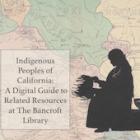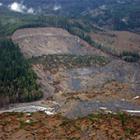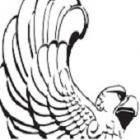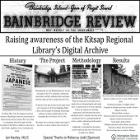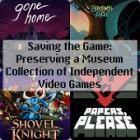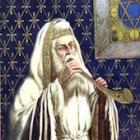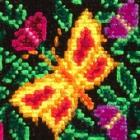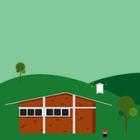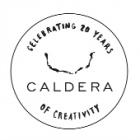
Hunt + Gather: A Digital Repository + Ingest Plan for Caldera
Caldera is an Oregon-based nonprofit that provides mentoring to students through arts and environmental programming. Its staff works with youth year-round for seven years, starting in middle school and continuing through high school graduation. The White House recently recognized Caldera as one of only twelve nonprofits to receive the National Arts and Humanities Youth Program (NAHYP) Award. As the organization celebrates its 20-year anniversary, its stakeholders have become critically aware of the need for an organized, centralized digital image repository to serve as an archive of organizational history and enable discovery to promote future work. Currently, its digital images exist across upwards of ten poorly organized hard drives. For my Capstone project, I have assessed Caldera’s collection and available technology and developed a long-term project plan for establishing a repository. This plan includes recommendations on ingest, preservation, and discovery.

